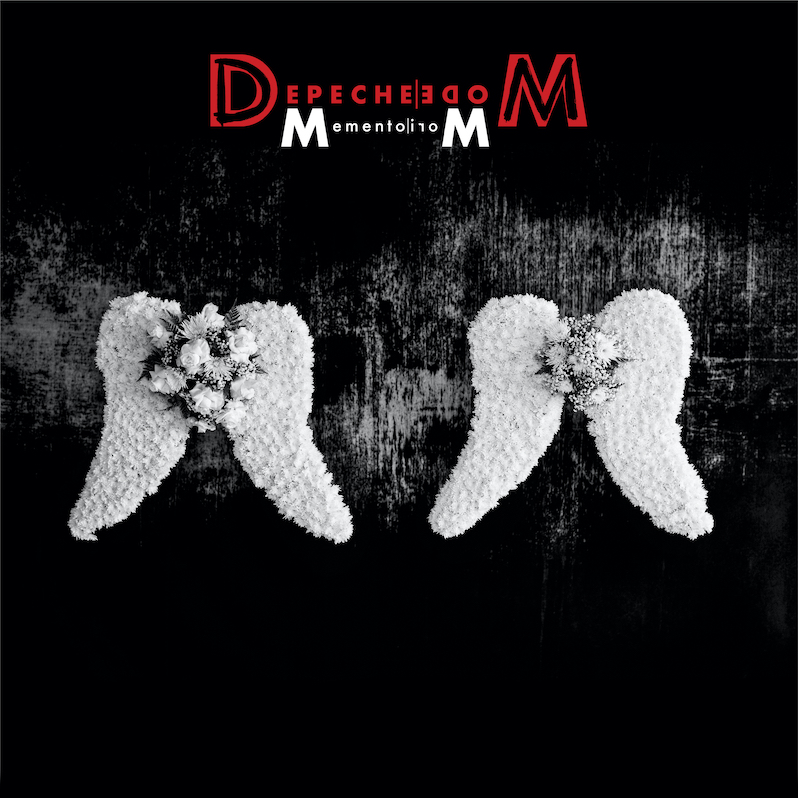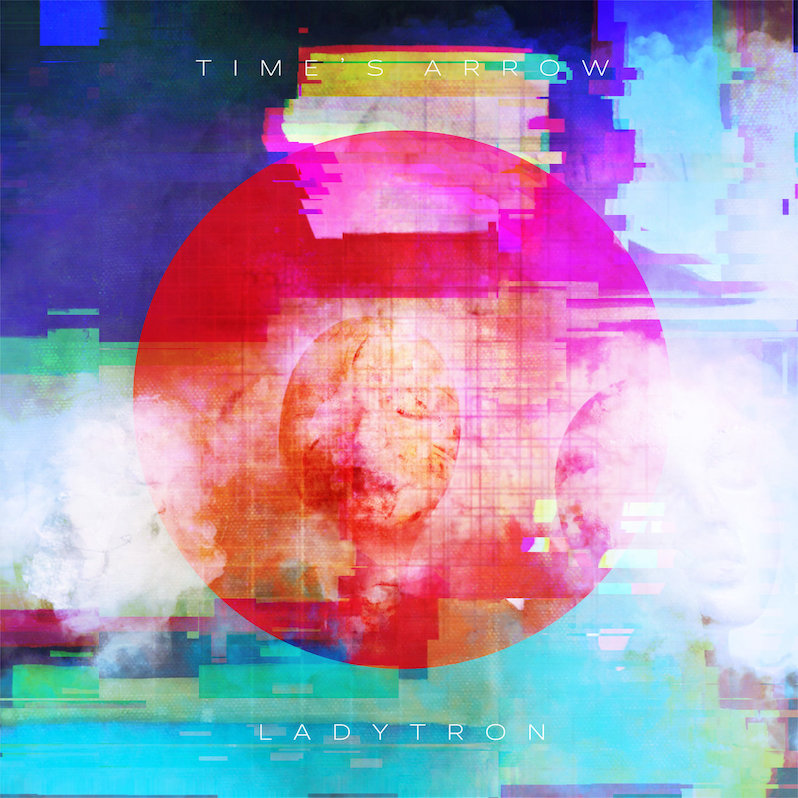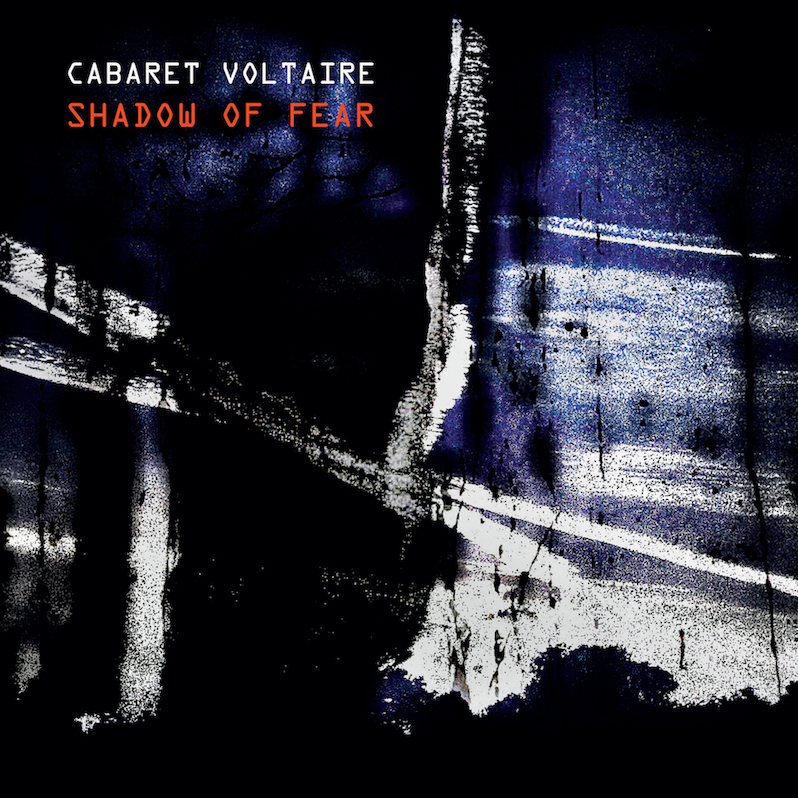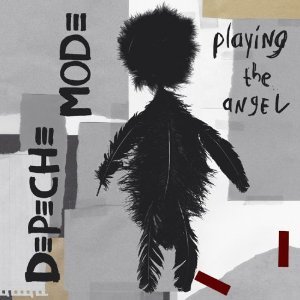Depeche Mode : Memento Mori

First, some facts. Will this Depeche Mode record, their 15th, be the one to suddenly change the opinions of listeners either positively or negatively, to turn newcomers or naysayers onto this all-time great band at long last or perhaps turn away stalwart fans from a band withering on the vine? No, absolutely not. Is this a bad thing? Also, keenly, no. The art rock component of Depeche Mode, always the burbling underbelly of their combination of morose gothic atmospheres, sensuous, sensual and downright romantic vocals and a synthetic, nearly industrial dance groove, has rarely been so strong in the group to heavily disrupt their compositions. If anything, for listeners who’ve been paying close attention since the 2005 return-to-form record Playing The Angel onward, Memento Mori will come across as a somewhat obvious record, in keeping with the intensified aggression that has been mounting since that album nearly 20 years ago but was stoked near to boiling across Delta Machine and the deeply political Spirit. Even the spiritualist fixations here will remind any long-term fan of a spate of songs and albums across the group’s storied discography. It is, in all ways, the band back at work again.
What makes this remarkable in its sense is, of course, the sudden and tragic loss of Andy Fletcher, a founding member of Depeche Mode and one of the core trio including vocalist Dave Gahan and musical ubermensch Martin Gore. It is always a shock when a band loses a pivotal member and, for bands of this vintage, sometimes losing one of the few remaining founding members so late in the game can be a sinking blow. Take, for instance, Rush’s loss of their own Neil Peart some few years ago and how, in its wake, the band wisely turned it in, knowing that they might find another great drummer to play with but it would never be Rush again, not precisely. It is an act of boldness for Depeche Mode to try their hand, as much in respect to their fallen brother as it is to satisfy their continuing artistic hunger. Thankfully, mercifully, but not shockingly, the results here are more than solid enough to justify that boldness.
Album opener “My Cosmos Is Mine,” especially compounded with the album title, reads as a thesis statement, riding that fine line between acceptance and resistance toward existential pressure be they of death or outer definition. The sound palette on that cut is absolutely luxurious, as wide and engrossing as the title would suggest, and sets a strong foot forward in terms of faith in how the album might proceed. Lead single “Ghosts Again” fares far better in the context of the full album, with its simple singalong melody coming after two panoramic and theatrical art-goth soundscape pieces. “Caroline’s Monkey” is another standout track, albeit for mixed reasons; the first (and last) things you will think of as it plays is the utterly captivating and emotionally charged vocal performance set against strikingly avant-garde music that still coheres to a catchy and moody atmosphere, while your mind will occasionally be pepper by profound befuddlement at the utterly bizarre lyrics, which read like a valiant but deeply flawed attempt at some kind of extended metaphor. Ironically, they join good company with the failed monkey metaphors, with performers like Peter Gabriel and Genesis having fallen prey years before to what feels like a slam dunk but winds up being an elliptical and confounding jaunt.
Album closer “Speak To Me,” which feels in my heart to be an ode to Fletch even though I am strongly suspicious this is just me reading a narrative where there isn’t one, always makes me lift my head up as it plays; nothing about the song in particular seems to justify how much it catches me, but something about its gentility and sincerity manages to always grab me where I am. This lesson winds up being in many ways the story of Memento Mori as a whole. None of the other tracks left unmentioned are in any way unsatisfactory; if you were to press play on a new Depeche Mode album, well, this is what you would get. They’ve always sung if not of death than at least of life, sex and desire on the edge of death, haunted by death. That deathward gaze is what, like all great goth and art rock, gave them their verve and their passion, transforming the layman’s lines of eros and hunger into something cage-rattling and rimmed with lightning. Here, those meditations are no longer abstract. They lost a brother; the remaining duo are themselves in their 60s, certainly not elderly but undeniably closer to death than to birth.
It is a meta-text, sure, but that solemnity and stark reality does feel transformative for Memento Mori. We could pluck a number of their good-but-not-great records, like Exciter or some of the earlier records before they’d sharply imbued Gahan’s R&B-driven vocal delivery into the swing and pace of things. The sinking criticism (or as sinking as one can be of a band that is often so strong) of that material is precisely the artificiality of some of the songs and their dance between the eternal and the profane, sex and god, images of the church and the darkened bedroom and the empty chambers of the yearning heart. Here, those fixations, unchanged, are now literal. This is not fantasy any longer; this is the real life of the group. I can’t attest to whether that reality makes it into the performances themselves because, as dear a fan of the group as I am, I’m unsure I have the critical distance to tell.
What I can tell, however, is that the vocal capacity of Gahan still remains largely unmatched, his voice ranking alongside Bowie and Freddie Mercury as one of the very best I’ve ever heard and one whom age only seems to deepen and embolden those most treasured and sonorous aspects of his voice, all without losing any of that thrilling erotic edge. Martin Gore is, as always, one of the very best composers both of pop melodies and arthouse embellishments. Memento Mori feels as much a brilliant continuation of the now 20-year-long chunk of this period of the band’s life as it does a potential start of a new wing of the group’s later years. If it is to be the close of the band’s recording career (a sense intimated by the title and its conditions but not stated), it would be a fine and fitting close. And that the material was in part co-written with Richard Butler of the Psychedelic Furs offers a spectacularly tantalizing vision of what the future of the band might hold.
Label: Columbia
Year: 2023
Similar Albums:
Langdon Hickman is listening to progressive rock and death metal. He currently resides in Virginia with his partner and their two pets.




